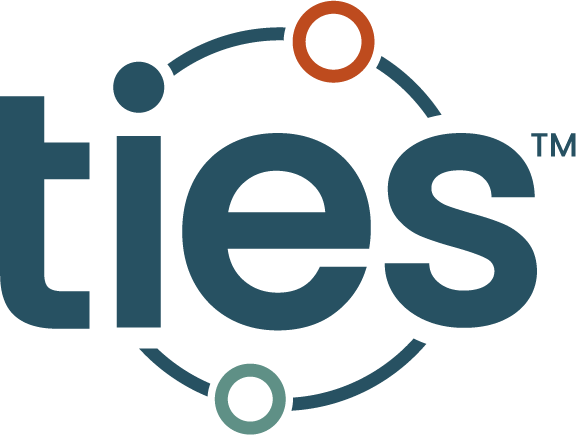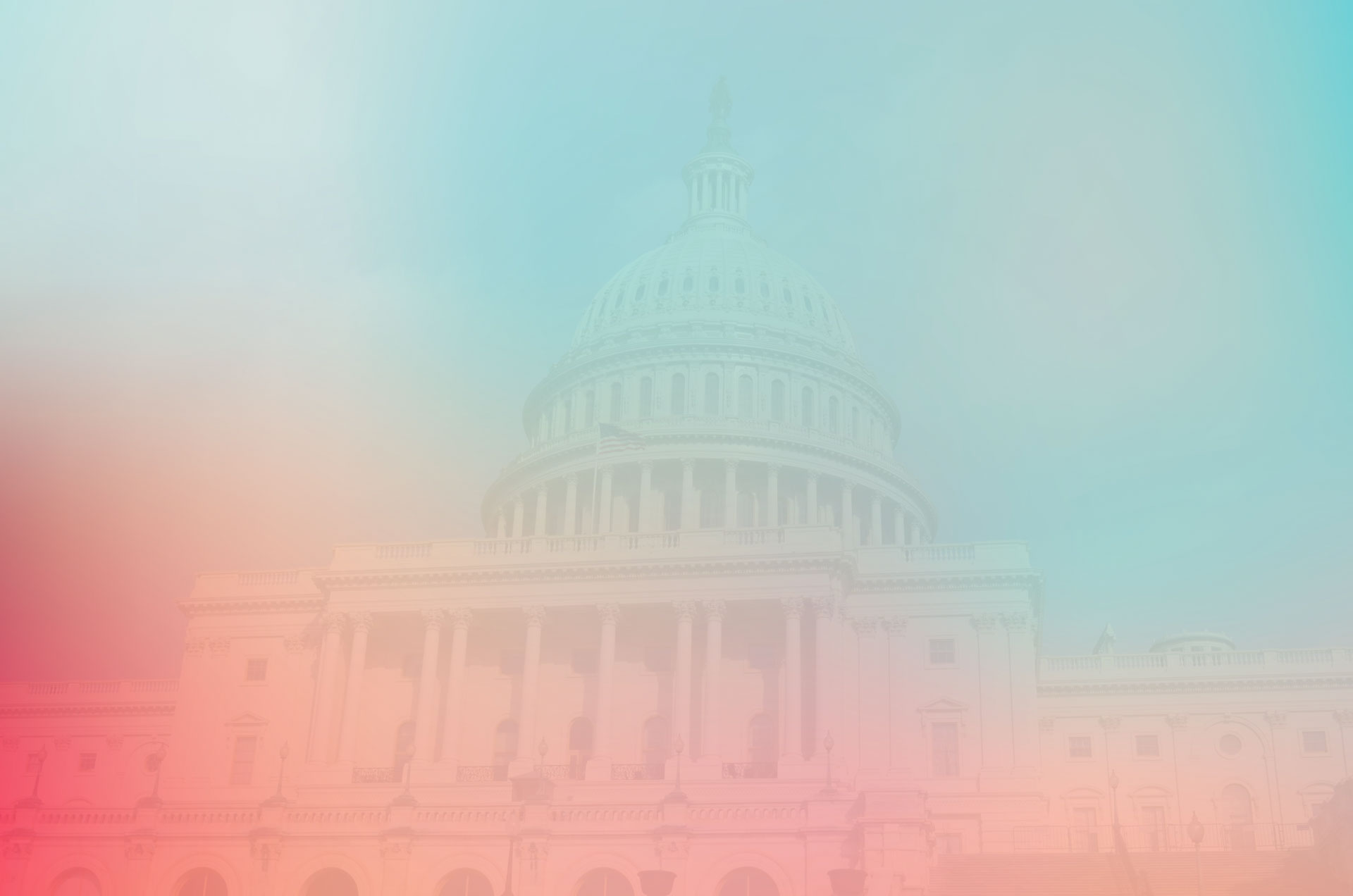WASHINGTON, D.C. – STEM Learning Ecosystems have been cited in the $52 billion federal CHIPS and Science ACT 2022 which was signed into law Saturday to strengthen the economy by fostering innovation, research and development.
STEM Learning Ecosystems will be eligible to apply for funding from NSF for a new K-12 STEM grant program that scales up best practices in STEM through new NSF-funded centers.
The STEM Learning Ecosystems Community of Practice, a 100-community initiative, brings together partners from K-12, higher education, business and industry, philanthropy, out-of-school STEM providers and others to improve STEM learning opportunities.
The inclusion of STEM Learning Ecosystems into the federal bill follows months of planning and coordination led by the STEM Ed Coalition with support from the STEM Learning Ecosystems Community of Practice and its backbone organization and co-founder, TIES.
As part of the CHIPS Act, new funding has been awarded to the NSF over five years which will then be distributed to organizations scaling innovation in Pre K-12 STEM Education initiatives.
STEM Ecosystems are called out as eligible organizations that can apply for funding.
“The entity seeking an award for a Center under this section must be an institution of higher education, a nonprofit organization, or a consortium of such institutions or organizations, which may include a STEM Ecosystem,” the Act says.
James Brown of the STEM Ed Coalition said the 8 year-old STEM Learning Ecosystems have shown a level of maturity, effectiveness and impact that make them an ideal vehicle for scaling innovation in PreK-12 STEM.
“This bill will expand our national capacity to improve science, technology, engineering and mathematics education by significantly expanding the role of the National Science Foundation in supporting the STEM fields,” Brown said.
Jan Morrison, president and founder of TIES, expressed gratitude to U.S. Senators Jerry Moran, R-Kansas, and Mark Kelly, D-Arizona, for advocating for STEM Learning Ecosystems.
“This is an acknowledgment of the critical role that STEM Ecosystems play in our country for STEM and equity. STEM Ecosystems bring together partners to drive gains in large, small, urban and rural communities across the country,” Morrison said. “The STEM Learning Ecosystems have come of age and we are excited about the additional impact that will now be possible because of this expanded capacity,” Morrison said.
Jeremy Babendure, executive director of the Arizona SciTech Institute, one of the 100 STEM Learning Ecosystems, stressed the impact that this bill will have for enabling regional STEM ecosystems to connect their local communities around science, technology and innovation.
Martha McCabe, executive director of the KC STEM Alliance of Missouri and Kansas, another STEM Learning Ecosystem, said she believes the bill will give more regions the opportunity to design specific cross-sector initiatives that will positively impact the economic trajectory of their communities and their residents. “The KC STEM Alliance is extremely grateful to Senators Moran and Kelly and their legislative staff members who understood the power of STEM ecosystems from the very beginning and worked to include ecosystems in the Act,” McCabe said.


